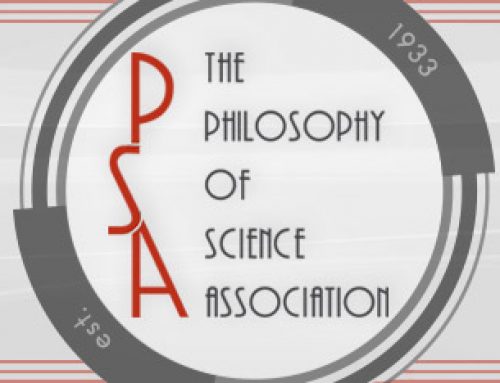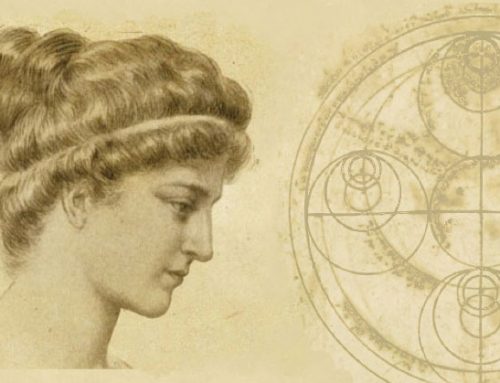This past December four Rotman graduate students, Yann Benétreau-Dupin, Melissa Jacquart, Craig Fox and Reuven Brandt participated in “How Can the HPS Contribute to Contemporary U.S. Science Teaching”. This two-day event, funded by National Science Foundation (NSF), consisted of a public conference that was part of the Boston Colloquium for Philosophy of Science, and a workshop for invited participants. This interdisciplinary conference was hosted by Boston University and sponsored by both the School of Education and the Center for Philosophy and History of Science. The aim was to investigate the ways in which the history and philosophy of science can contribute to science education. The timing of this meeting was not arbitrary – the US is currently updating its National Science Education Standards. The conference sought to discuss previous research on the role of HPS in science education and propose new research programs, which together could potentially inform the revised educational standards.
The conference brought together teachers, philosophers, historians, scientists, and social scientists. On the first day the invitees discussed their research on the impact of HPS in science education. For the next day and a half, the invited participants were divided into smaller groups and drafted recommendation for further research into how HPS could be used to contribute to different aspects of science education. As graduate students, this experience not only allowed us to meet with senior people in the field of HPS research, but also provided us with first-hand experience seeing how research and policy questions intertwine.
Some of the research presented suggested that the inclusion of HPS in the science curriculum can have an important impact on educational experience of students – especially those that may not see themselves as ‘science kids’. For instance, students who learn about the per
sonal and intellectual struggles of famous scientists as well as the incorrect conclusions that have been drawn over the course of scientific progress are less likely to become discouraged from sticking with the sciences when the material becomes more difficult. Teaching students about the place values play in science improved class participation, especially amongst underrepresented groups. Also, learning about scientific methodology can help general science literacy and make students more critical consumers of science that is presented in the public sphere (newspaper articles, radio shows etc.).
However, the inclusion of HPS in science curriculums is often not easy. Many science teachers lack the training required to effectively include HPS in their classrooms. Also, given how full the current curriculum is, it may be difficult to add HPS without sacrificing time devoted to developing technical scientific skills are important for standardized exams and success at the university level. How to best include HPS in science education was a question that framed many of the discussions at the conference. In the week-long series of posts that will follow, we will describe in more detail some of these conversations and the recommendations that were proposed.
The experience we gained at this conference will be helpful for some of the ongoing projects in the Rotman institute. Headed by Yann, the institute is looking at providing professional development resources for Ontario teachers to help integrate HPS into their classrooms. Melissa is heading a group of graduate students to visit local school and give presentations about philosophical skills and their importance in science and is also organizing an outreach event that will introduce philosophy of science to young women in the community.
Another exciting takeaway form the conference was learning about the Menagerie Theatre Group that brings to life exciting moments from the history of science. We hope to screen their production of Let Newton Be! in the coming months and hope to organize a live performance of their upcoming play The Altruists next year.
For individuals interested in the specifics, videos of the talks will be made available on the conference website. Also, there will be a special edition of Science & Education dedicated to the conference coming out in 2014.




